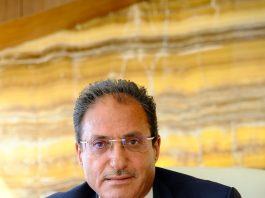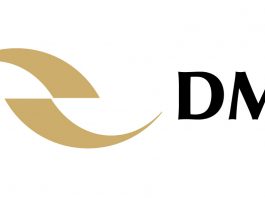 The UAE Government is committed to improving standards of accountability, according to the head of the UAE State Audit Institution.
The UAE Government is committed to improving standards of accountability, according to the head of the UAE State Audit Institution.
This month will see the completion of the first financial audits of UAE federal government organisations in line with the globally recognised International Standards on Auditing, SAI President Dr. Harib Al Amimi said.
The audits are part of a programme of internationally recognised auditing practices now being introduced by the SAI. The programme is being implemented in several phases and is expected to be completed by the end of 2012.
Dr. Al Amimi said: “The UAE is the second least corrupt country in the Middle East and the 35th least corrupt in the world, according to international rankings. There is tremendous determination at the highest levels of government to further improve upon these standings, and the UAE State Audit Institution aims to become one of the leading audit institutions in the world.â€
The SAI has also embarked on its first Performance Audit, an in-depth evaluation of the efficiency, effectiveness and economy – otherwise known as the three E’s – of the management of diabetes in the UAE.
The SAI has established a high-tech IT audit department with new systems for better analysis and paperless auditing. It has also completed the first ever IT audits to be conducted in the UAE, in the first phase of modernising auditing in the UAE federal government.
The SAI is also revamping its own corporate systems and is the first organisation in the UAE, and one of the few in the world, to have implemented the latest version of the Oracle Enterprise Resource Planning system in both Arabic and English.
Dr. Al Amimi said: “The work of the SAI is critical to the UAE’s ongoing modernisation. It is helping to ensure transparency and accountability in federal level decision-making, and helping young Emiratis to become future leaders.â€
The SAI has 30 fresh graduate Emirati auditors undergoing professional training. It is hoped the programme will expand to include as many as 100 UAE Nationals in the medium term, and training is also being provided to veteran SAI employees.
UAE Nationals make up 43 per cent of the SAI’s 200-strong workforce. The stated Emiratisation target in the SAI’s Strategic Plan is 55 per cent by 2010. The Association of Chartered Certified Accountants, which has 8,000 members in the Middle East, recently awarded Platinum Level Approved Employer Status to the SAI in recognition of its employee training and development.
Dr. Al Amimi said: “The SAI aims to be at the forefront of auditing best practice. The fact that Abu Dhabi has been chosen to host the biennial joint meeting of the Arab Organisation of Supreme Audit Institutions [ARABOSAI] and the European Organisation of Supreme Audit Institutions [EUROSAI] in 2011 represents considerable progress.â€
About the State Audit Institution
Established in 1971 by a ruling of the late President of the United Arab Emirates, the State Audit Institution of the UAE works to improve accountability, governance standards and performance in federal government. Today, the SAI is a growing team with more than 200 employees.
The SAI is an independent authority reporting to the Federal National Council. Its remit includes all federal organisations, public corporations, and any entity in which the UAE Federation has a minimum 25 per cent shareholding. The SAI aims to be among the top audit institutions in the world, following internationally recognised standards.












